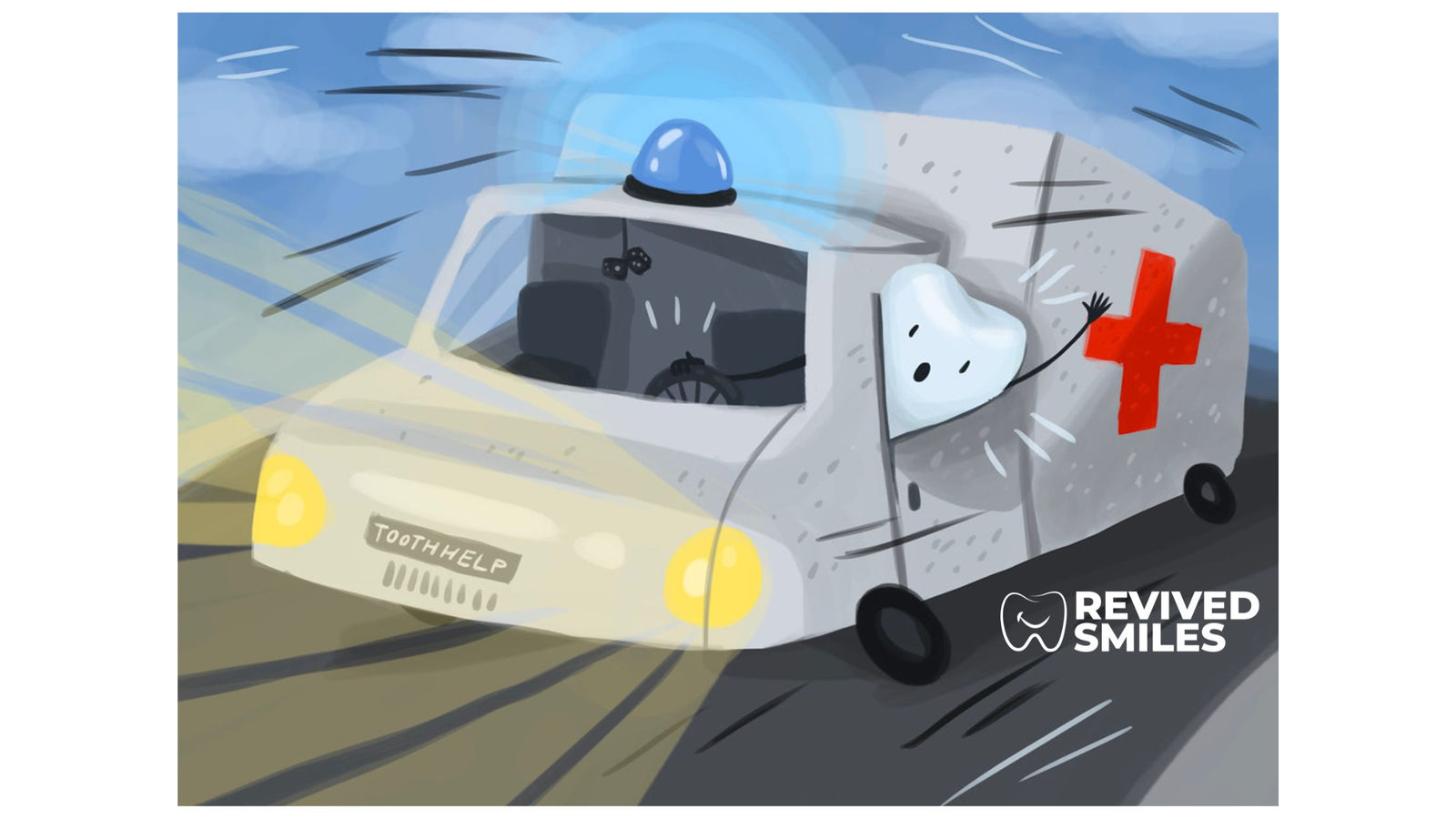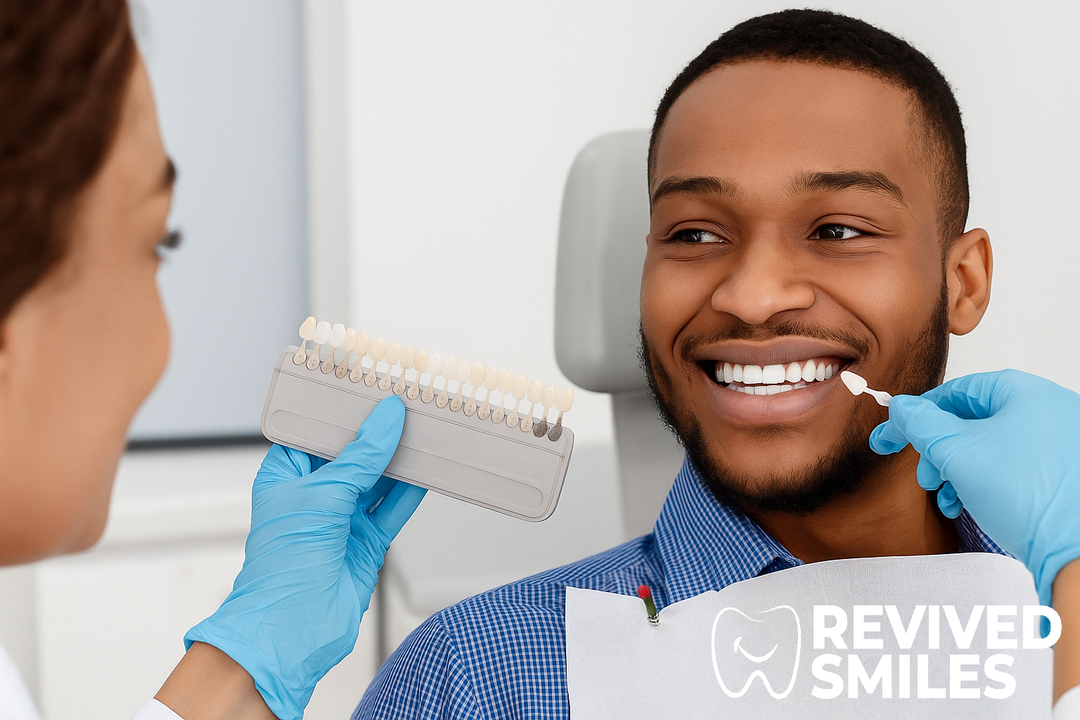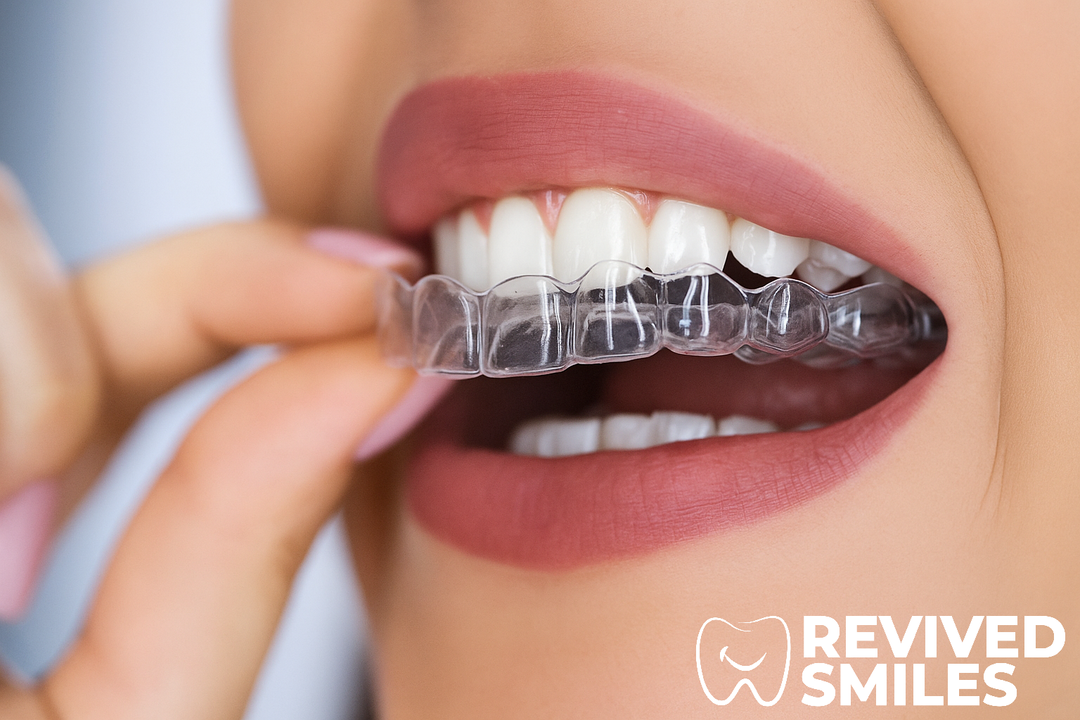5 Smile Saving Tips That Can Save You In A Dental Emergency

Dental emergencies can happen when you least expect them, and knowing how to react can make all the difference in saving your smile. Whether it’s a knocked-out tooth, a sudden toothache, or a cracked tooth, quick and effective action is crucial. In this blog post, we’ll share five essential tips to help you protect your teeth during a dental emergency, ensuring the best possible outcome for your oral health.
1. Handle a Knocked-Out Tooth with Care
One of the most frightening dental emergencies is when a tooth gets knocked out due to an accident or injury. If this happens, the way you handle the tooth in the first few minutes can determine whether it can be successfully reimplanted.
What to Do:
- Pick It Up Carefully: Hold the tooth by the crown (the part that’s visible when it’s in your mouth), not the root. Touching the root can damage cells needed for reattachment.
- Rinse It Gently: If the tooth is dirty, rinse it gently with water. Don’t use soap, scrub it, or dry it off.
- Try to Reinsert It: If possible, try to place the tooth back into its socket, making sure it’s facing the right way. If it’s not possible, place the tooth in a cup of milk or a container with your saliva.
Why It Matters:
- Acting quickly and correctly can increase the chances of saving the tooth. You’ll need to see a dentist immediately—ideally within 30 minutes—to improve the likelihood of successful reimplantation.
2. Control Bleeding from a Dental Injury
Whether you’ve bitten your tongue, cracked a tooth, or suffered a gum injury, controlling the bleeding is a critical first step in managing a dental emergency.
What to Do:
- Apply Pressure: Use a clean cloth or sterile gauze to apply pressure to the area that’s bleeding.
- Use a Cold Compress: Apply a cold compress to the outside of your mouth or cheek near the injured area. This helps reduce swelling and control bleeding.
- Keep Your Head Elevated: If the bleeding is in your mouth, try to keep your head elevated, even when lying down. This can help slow the flow of blood.
Why It Matters:
- Stopping the bleeding not only helps you stay calm but also prevents further complications. It’s important to see a dentist as soon as possible to address the underlying issue.
3. Relieve Tooth Pain Safely
A severe toothache can be debilitating, and while it’s crucial to see a dentist to address the root cause, you can take steps to manage the pain in the meantime.
What to Do:
- Rinse with Warm Salt Water: Rinse your mouth with a warm saltwater solution to help reduce inflammation and kill bacteria.
- Take Over-the-Counter Pain Relievers: Use over-the-counter pain medication like ibuprofen to help relieve the pain. Avoid placing aspirin directly on the gums, as this can cause irritation.
- Apply a Cold Compress: Applying a cold compress to your cheek can help numb the area and reduce swelling.
Why It Matters:
- Managing pain effectively allows you to function while you wait for professional care. However, it’s important to avoid using any pain relievers as a long-term solution, as they don’t address the underlying issue.
4. Protect a Cracked or Broken Tooth
A cracked or broken tooth can be painful and leave the tooth vulnerable to further damage or infection. Acting quickly can help prevent complications.
What to Do:
- Rinse Your Mouth: Rinse your mouth with warm water to clean the area.
- Protect the Tooth: If there are sharp edges, cover the tooth with dental wax, sugarless gum, or a piece of gauze to protect your tongue and cheek.
- Avoid Using the Tooth: Try not to chew on the side of your mouth where the tooth is damaged. Stick to soft foods and liquids until you can see a dentist.
Why It Matters:
- Protecting a cracked or broken tooth from further damage is essential to preserve it. Immediate care can help prevent the need for more extensive treatment, like a crown or extraction.
5. Manage Swelling and Infection Promptly
Swelling and signs of infection, such as a pimple-like bump on your gums, can indicate a serious issue that requires immediate attention.
What to Do:
- Apply a Cold Compress: Use a cold compress on the swollen area to reduce inflammation.
- Take Over-the-Counter Medication: Use over-the-counter anti-inflammatory medications like ibuprofen to help manage pain and reduce swelling.
- Rinse with Salt Water: Rinse your mouth with warm salt water to cleanse the area and help reduce bacteria.
Why It Matters:
- Infections can spread quickly and lead to more severe health problems if not treated promptly. Seeing a dentist as soon as possible is crucial for preventing the infection from worsening.
Conclusion: Be Prepared with Revived Smiles
Dental emergencies can be stressful, but knowing how to respond can help you protect your smile and prevent long-term damage. Whether it’s a knocked-out tooth, severe pain, or a broken tooth, these tips can guide you through the critical moments until you can see a dentist.
At Revived Smiles, we understand the importance of having access to high-quality dental solutions, especially in emergencies. If you’re looking for reliable, dentist-quality dental appliances, we’re here to help. Our range of partial dentures and other dental products are designed to meet your needs, whether you’re recovering from a dental emergency or simply maintaining your oral health.
Visit Revived Smiles today to explore our dentist-quality dental appliances and ensure your smile stays healthy and beautiful.





Leave a comment